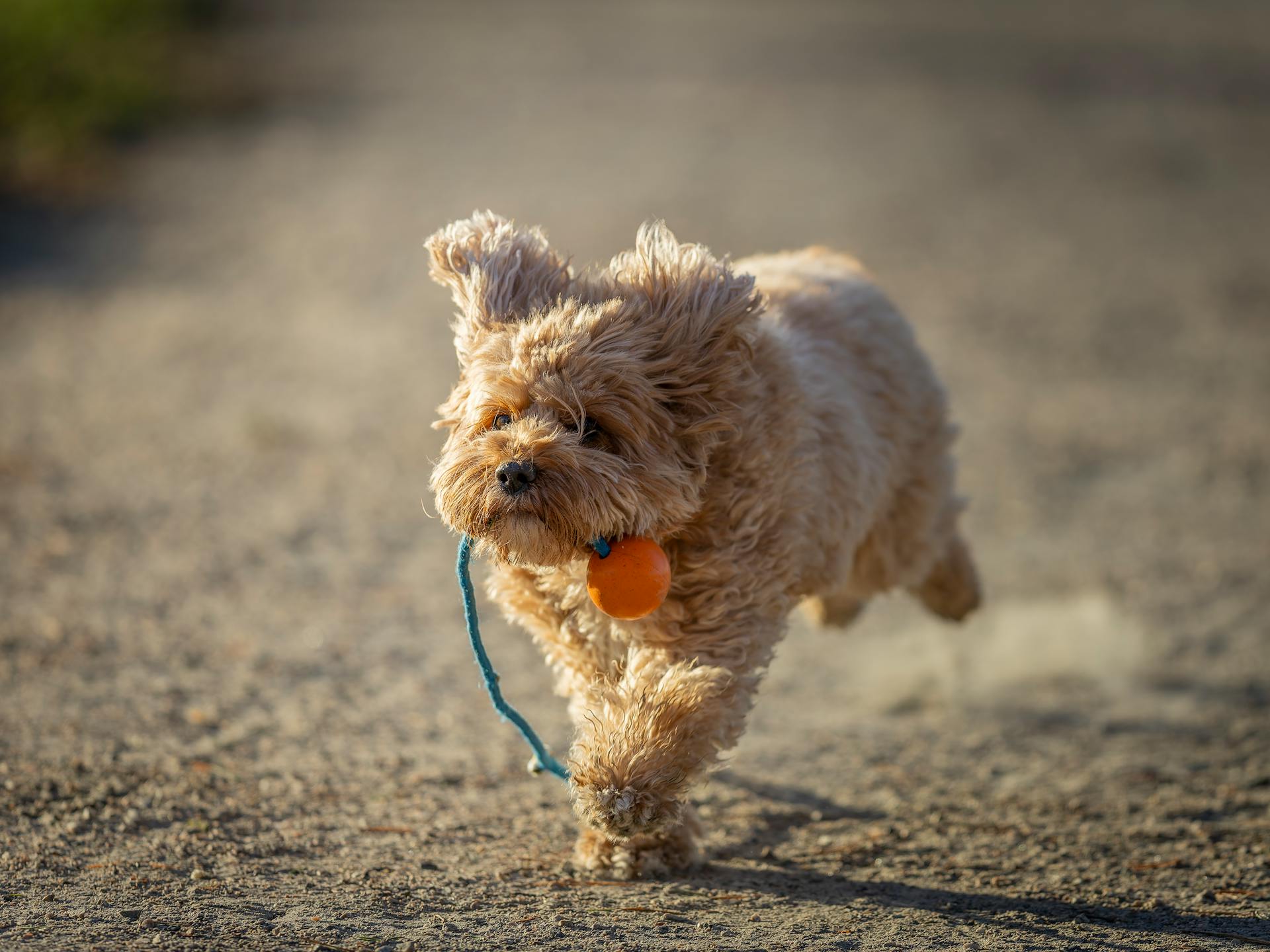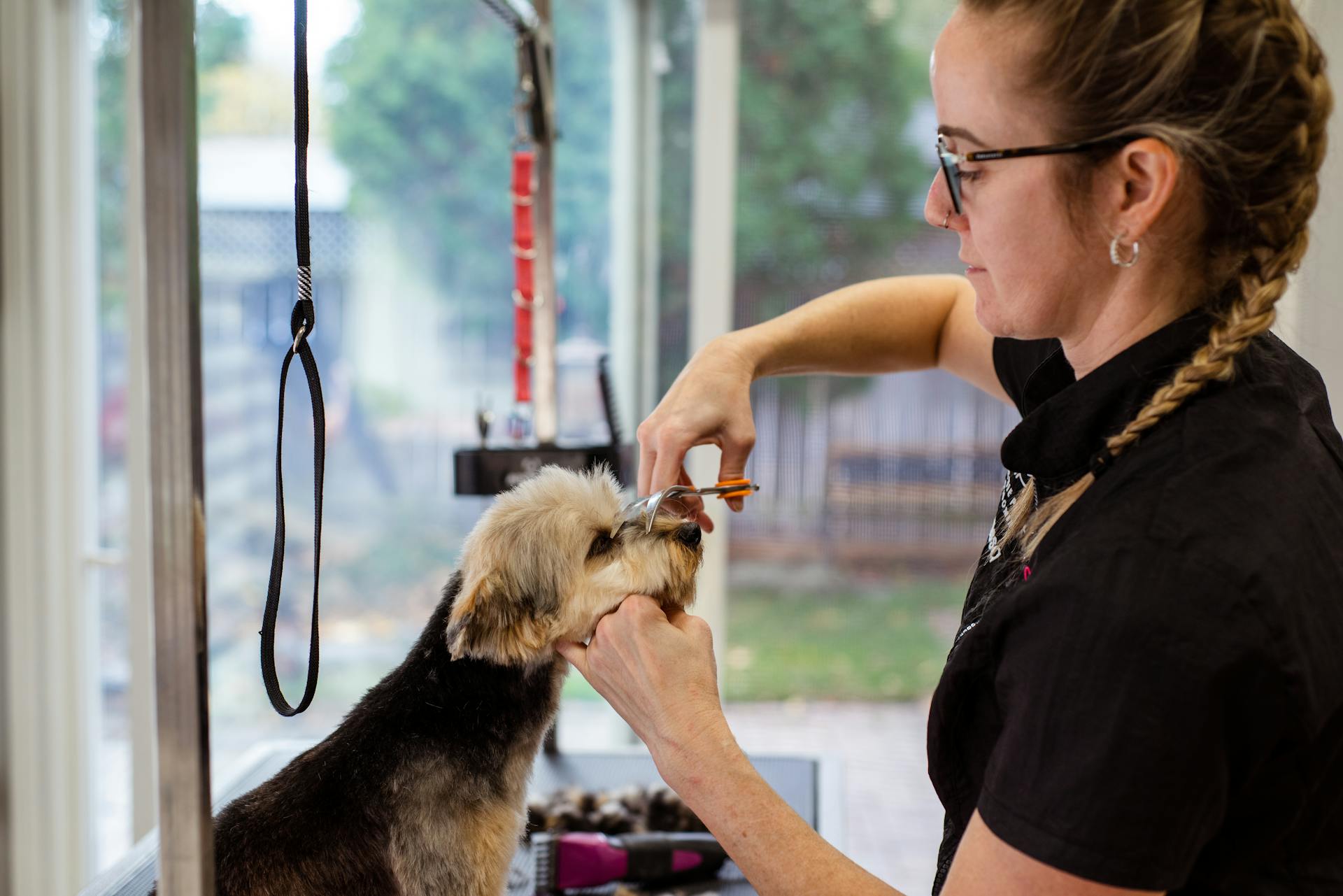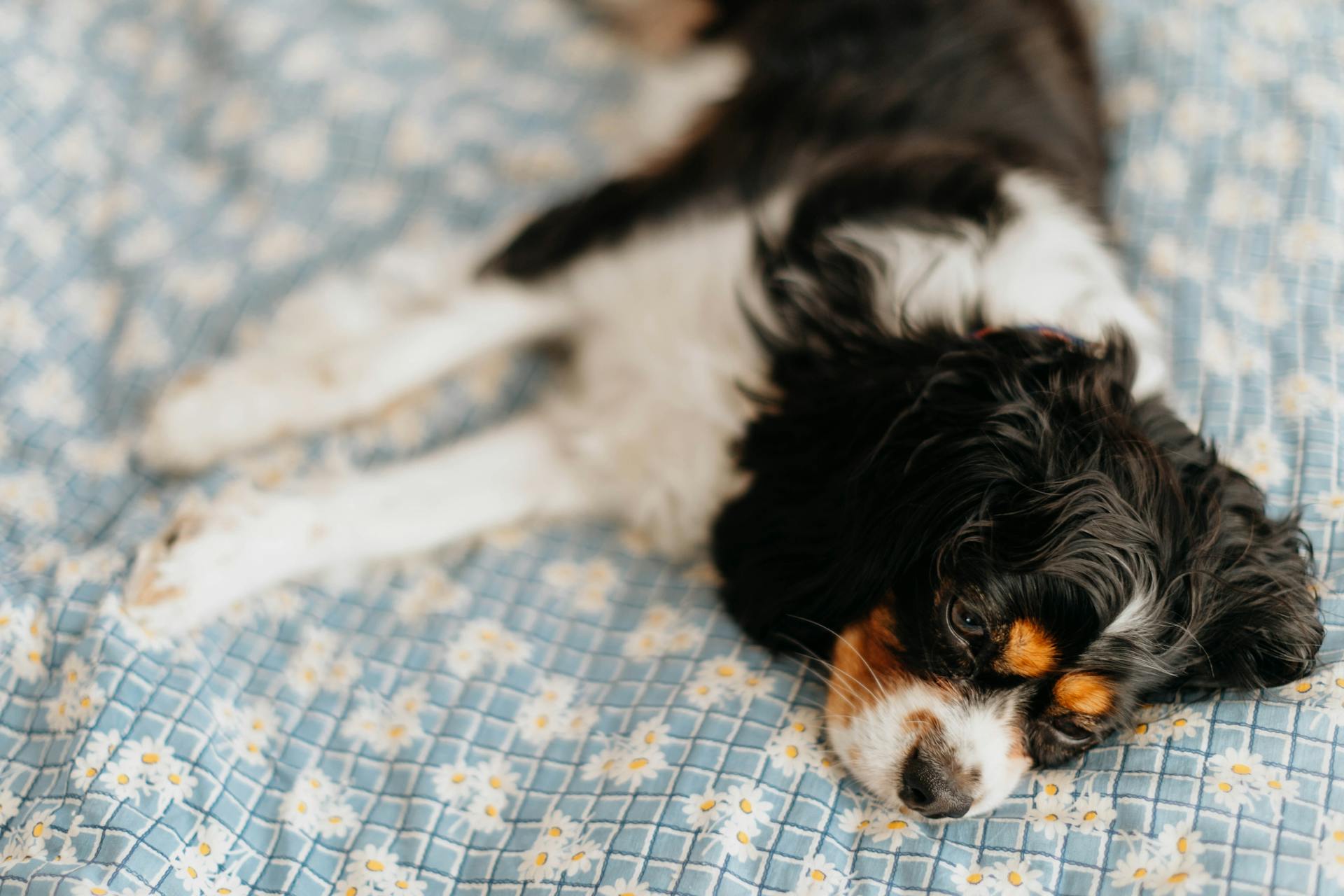
The Poochon is a delightful hybrid breed that combines the playful and affectionate nature of a Bichon Frise with the low-shedding qualities of a Poodle. They typically weigh between 7-12 pounds.
Their small size makes them perfect for apartment living, and they require moderate exercise to stay happy and healthy. A daily walk and some playtime should suffice.
Poochons are intelligent dogs that respond well to positive reinforcement training, and they thrive on attention from their owners. Consistency and patience are key when training a Poochon.
They are generally low-maintenance when it comes to grooming, requiring a weekly brushing and occasional trimming to prevent matting.
Grooming
Poochons have a low-shedding coat that's perfect for people with allergies, but it still requires regular grooming to prevent matting.
Daily brushing is a must to remove loose hair and prevent tangles. A slicker brush or comb is ideal for this task.
Bathing every 4 to 6 weeks will keep their coat clean and healthy. Use a high-quality dog shampoo and conditioner to maintain the health and shine of their coat.
Trim the fur around the eyes, ears, and paws regularly to prevent matting and maintain a neat appearance. This will also help prevent tear stains, especially on lighter-colored dogs.
Poochons need regular trimming of their curly coat to prevent it from becoming too long and unmanageable. This should be done several times a year by a professional groomer.
Don't forget to clean your Poochon's ears regularly to prevent painful infections. Check their ears daily for debris and pests, and clean them as recommended by your vet.
Brushing your Poochon's teeth daily is crucial to prevent dental problems. Use dog-safe toothpaste and follow your vet's instructions on how to brush their teeth properly.
Trim your Poochon's nails regularly to prevent them from getting too long. This should be done every 1-2 months, or as recommended by your vet or groomer.
Health and Nutrition
The Poochon's health and nutrition are crucial for a long and happy life. Regular vet visits and preventive care are essential to keep common health problems at bay.
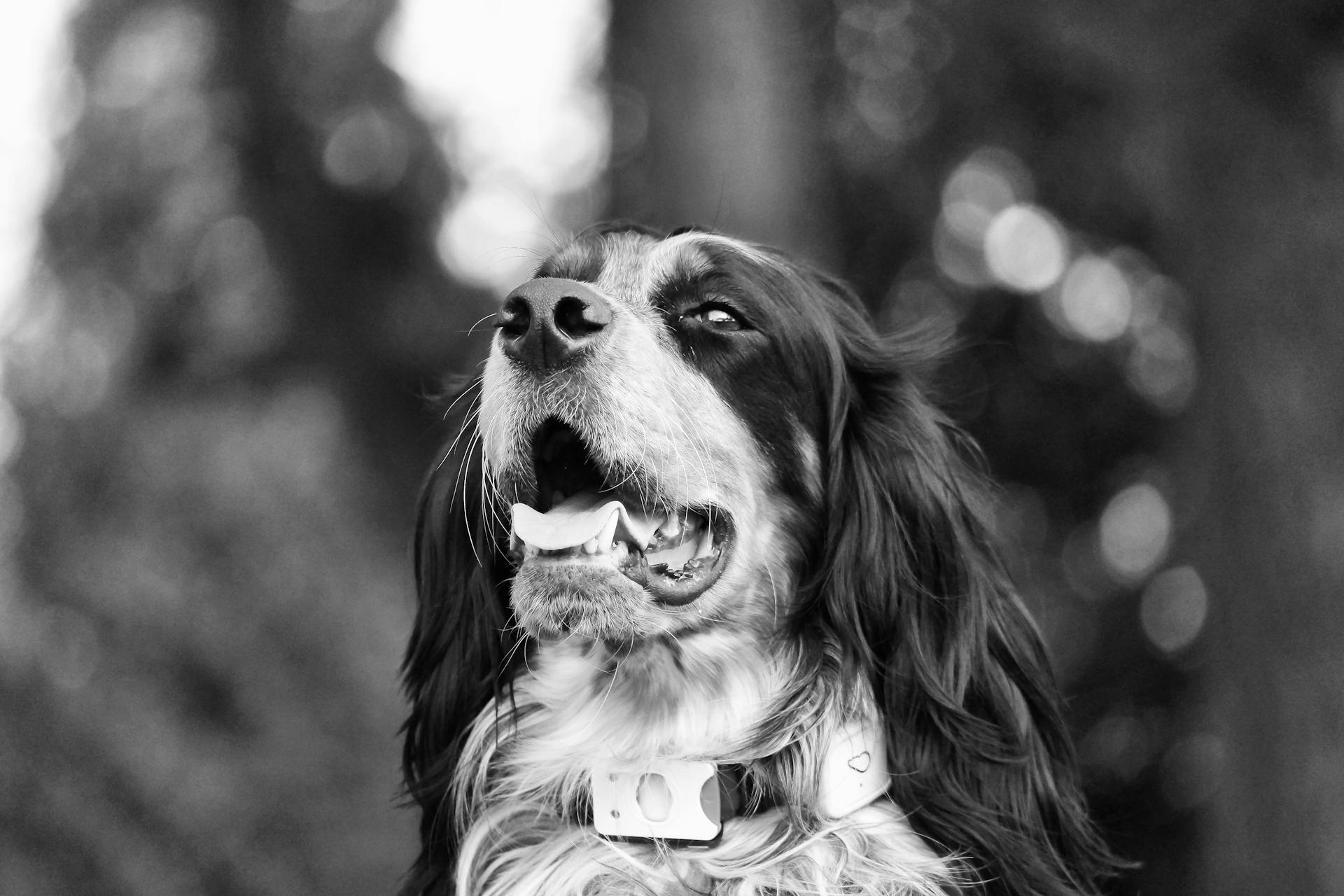
To prevent overeating, it's best to feed your Poochon measured meals twice a day, rather than leaving food out all the time. This can help prevent weight-related health issues like diabetes and joint disorders like luxating patellas.
A good quality diet is vital for your Poochon's health. As a rough guide, a Poochon puppy can be fed the following amounts every day: AgeWeight Range (g)2 months old48g to 125g3 months old54g to 150g4 months old55g to 161g5 months old55g to 164g6 months old47g to 163g7 months old40g to 146g8 months old39g to 128g9 months old39g to 111g10 months old39g to 112g11 months old and upadult dog food
For an adult Poochon, it's best to feed a good quality diet to ensure their continued good health. As a rough guide, an adult Poochon can be fed the following amounts every day: Weight (kg)Weight Range (g)3 kg55g to 63g5 kg80g to 93g6 kg92g to 106g7 kg103g to 119g8 kg114g to 132g
Regular dental care, including daily tooth brushing and professional cleaning, can help prevent dental problems like tooth decay and gum disease.
Health
The health of your poochon is a top priority. Regular veterinary checkups are essential to maintain their health and well-being.
Poochons are generally considered a healthy breed, but they can be prone to certain health issues. These include dental problems, allergies, skin problems, and respiratory issues.
Maintaining good dental care is crucial to prevent tooth decay and gum disease. Regular brushing and professional cleaning can help prevent dental problems.
Poochons may also be prone to patellar luxation, a condition where the kneecap slips out of place. This can cause pain and discomfort, and may require surgery to correct.
Some common health issues in poochons include:
- Patellar luxation: a condition where the kneecap slips out of place
- Retinal atrophy: a degeneration of the retina leading to progressive vision loss and eventual blindness
- Allergies: a reaction to substances such as food, pollen, or environmental factors
- Addison’s disease: a condition where the adrenal glands fail to produce enough hormones
- Cushing’s disease: a condition where the adrenal glands overproduce cortisol
A healthy diet and regular exercise can help prevent or manage these health issues. Feeding your poochon measured meals twice a day can help prevent overeating and related health problems.
It's essential to work with a reputable breeder who performs health checks on their dogs and to provide regular veterinary care to maintain the health and well-being of your poochon.
Adult Feeding Guide
To keep your adult Poochon healthy, it's essential to feed them a balanced diet. A good quality food that meets their nutritional requirements is a must.
The amount of food your Poochon needs depends on their weight and activity level. For example, a 3 kg Poochon can be fed 55g to 63g of food per day, while a 5 kg Poochon can have up to 93g of food per day.
To avoid overfeeding, it's crucial to stick to a regular feeding schedule and not leave food out during the day. This is especially true for Poochons, as they have a tendency to gain weight if they're overfed.
A Poochon's dietary needs change throughout their life, from puppyhood to adulthood and into their senior years. Your veterinarian can provide personalized recommendations for your Poochon's diet, taking into account their unique needs and health status.
Here's a rough guide to the daily food intake for adult Poochons based on their weight:
Remember, these are just rough estimates, and your veterinarian can provide a more accurate feeding plan for your Poochon.
Training and Behavior
Poochons are highly intelligent and trainable dogs that respond well to positive reinforcement training methods like clicker training and tasty treats. They thrive on mental and physical stimulation, making them a great fit for active families or individuals.
Poochons are quick learners and love to please, but they can also pick up bad habits easily, so consistent and early training is essential. They excel in canine sports like agility and flyball, and their high energy levels require regular exercise and playtime to prevent destructive behavior.
To train a Poochon effectively, it's best to keep training sessions short and interesting, avoiding repetition and harsh correction. Positive reinforcement methods like treats and praise work wonders, and high-value rewards can help keep them engaged. Here are some essential commands to teach your Poochon puppy:
- Come
- Sit
- Stay
- Quiet
- Leave it
- Down
- Bed
Training
The Poochon is a highly intelligent breed that thrives on mental and physical stimulation. They are quick learners and love to please, making them a joy to train.
Positive reinforcement training methods are the most effective way to train a Poochon, using treats and praise to encourage good behavior. Harsh or negative training methods can lead to fear, anxiety, and behavioral issues, so it's essential to keep training sessions positive and fun.
Poochons are eager to please and love to learn, making them well-suited for obedience training and canine sports like flyball and agility. They excel in activities that provide mental and physical stimulation, and they thrive on the attention and interaction with their owners.
To successfully train a Poochon, it's essential to make training sessions interesting and varied, avoiding repetition and keeping sessions short to prevent boredom. Poochons can get bored quickly, especially if they're not provided with enough mental stimulation and exercise.
Here are the essential commands to teach a Poochon puppy:
- Come
- Sit
- Stay
- Quiet
- Leave it
- Down
- Bed
Remember, consistency and patience are key when training a Poochon. They require early socialization and training to develop into well-behaved and obedient companions.
Prey Drive
Poochons are social dogs by nature, which means they don't have a strong instinct to chase after small animals.
Their lineage includes working and hunting dogs, but they don't have a high prey drive, which is the instinct to chase and catch prey.
Puppy Care
Puppy care is a top priority for any new Poochon owner. Poochon puppies are boisterous and full of life, so it's essential to puppy-proof your home and garden well in advance of their arrival.
To ensure a smooth transition for your puppy, arrange to pick them up when people in the home will be around for the first week or so. This will give your puppy the time they need to settle in.
Puppies need to sleep a lot to grow and develop, so set up a quiet area for them to retreat to when they want to nap. It's also a good idea to keep "playtime" nice and calm inside the house.
On a similar theme: Black Poochon
A schedule for worming your puppy is essential. Puppies should be wormed at 6 months old, 8 months old, 10 months old, and 12 months old.
Here is a list of essential items you'll need for your puppy:
- Good quality puppy or baby gates to fit on doors
- A good well-made playpen that's large enough for a puppy to play in
- Lots of well-made toys, including good quality chews suitable for puppies to gnaw on
- Good quality feed and water bowls
- A grooming glove
- A slicker brush or soft bristle brush
- Dog specific toothpaste and a toothbrush
- Scissors with rounded ends
- Nail clippers
- Puppy shampoo and conditioner
- A well-made dog collar or harness
- A couple of strong dog leads
- A well-made dog bed
- A well-made dog crate
- Baby blankets for their crate and beds
A rough guide for feeding your Poochon puppy is as follows:
- 2 months old: 48g to 125g per day
- 3 months old: 54g to 150g per day
- 4 months old: 55g to 161g per day
- 5 months old: 55g to 164g per day
- 6 months old: 47g to 163g per day
- 7 months old: 40g to 146g per day
- 8 months old: 39g to 128g per day
- 9 months old: 39g to 111g per day
- 10 months old: 39g to 112g per day
Once your puppy is 11 months old, you can switch to adult dog food.
Adult Care
Adult Poochons require regular veterinary checkups to detect any health concerns early. Your vet can help you develop a care routine to keep your dog healthy.
Daily exercise is crucial to ensure your Poochon remains fit and healthy. Aim for frequent walks and play sessions throughout the day.
To minimize tear stains, keep a hanky nearby to wipe your Poochon's eyes when they get moist. This is particularly helpful for Poochons prone to tear stains.
Daily ear checks are essential to prevent debris and pests from building up. Clean your Poochon's ears as your vet recommends.
Trim your Poochon's nails regularly, usually once or twice a month, to prevent them from getting too long. You can ask your groomer for help with this.
Brush your Poochon's teeth daily to prevent dental issues. Your veterinarian can instruct you on how to brush your dog's teeth properly.
Here's a schedule to keep in mind:
- Regular veterinary checkups
- Frequent walks and play sessions
- Daily ear checks and cleaning
- Nail trimming (every 1-2 months)
- Daily tooth brushing
Buying and Owning
If you're thinking about adding a Poochon to the family, it's essential to do your research and find a responsible breeder who prioritizes the health and well-being of their dogs.
Potential owners should be aware of online scams, where scammers show images of beautiful Poochons for sale at very low prices, but ask for money up front before delivering the puppy. You should never buy a puppy unseen and never pay a deposit or any other money online to a seller. Always visit the pet at the seller's home to confirm they are genuine and make a note of their address.
Poochons are a popular breed, which means well-bred puppies command a lot of money. Be cautious of amateur breeders who breed from parent dogs too often for a quick profit, without considering the welfare of the puppies, their dam, or the breed in general.
Here are some key things to consider when buying a Poochon puppy:
- Beware of online scams and always visit the pet at the seller's home to confirm their authenticity.
- Ask to see the relevant paperwork pertaining to a puppy's lineage, vaccinations, and microchipping.
- Be cautious of extra small puppies, as they often suffer from serious health issues.
- Verify that both parent breeds are Kennel Club registered pure breeds.
Buying Advice
If you're set on buying a Poochon puppy, your best option is finding a responsible breeder who tests their breeding dogs for health issues common to both the Bichon Frise and Poodle.
You should always visit the pet at the seller's home to confirm they are genuine and make a note of their address.
Poochons are an extremely popular breed, which means well-bred puppies command a lot of money. Be prepared to spend accordingly.
Beware of online scams, where scammers show images of beautiful Poochon puppies for sale at very low prices, but ask for money up front before delivering the puppy.
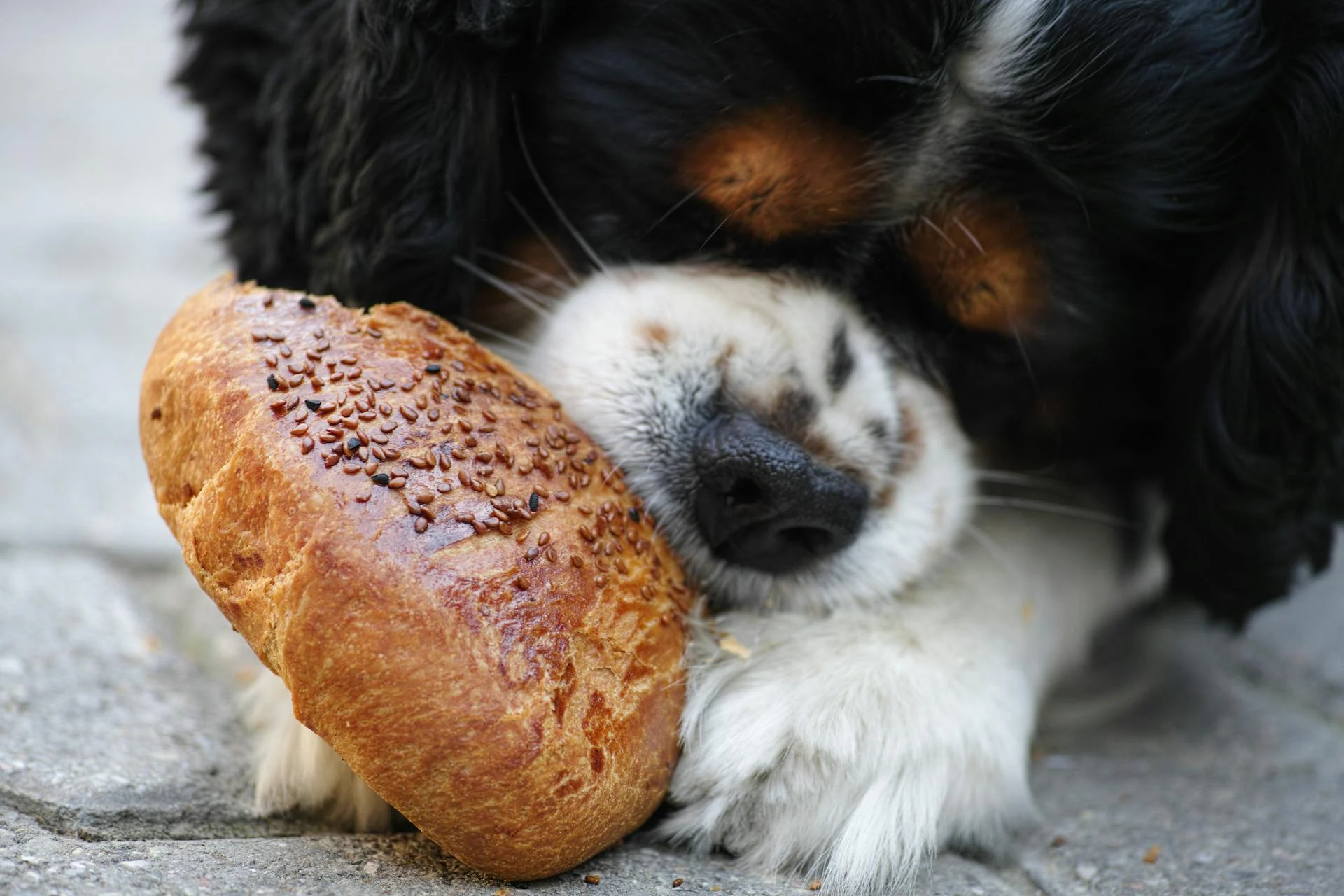
You should never buy a puppy unseen and never pay a deposit or any other money online to a seller.
Poochon breeders should be able to provide you with relevant paperwork pertaining to a puppy's lineage, vaccinations, and microchipping.
It's essential to ask to see this paperwork to ensure you're buying from a reputable breeder.
Some key questions to ask a breeder include:
- Can I see the puppy with its mother?
- Has the dog been wormed and microchipped?
- What is the puppy's lineage, and are both parent breeds Kennel Club registered pure breeds?
Price
The cost of buying and owning a Poochon can be a significant investment. You can expect to pay between £300 to over £500 for a well-bred pedigree puppy.
The cost of insuring a male 3-year-old Poochon in northern England is £22.60 a month for basic cover. This price can increase to £47.41 a month for a lifetime policy.
You'll also need to factor in food costs, which can range from £20 to £30 a month for high-quality food that suits your dog's life stage.
Veterinary costs can add up quickly, including initial vaccinations, annual boosters, neutering or spaying, and yearly health checks, which can total over £800 a year.
The average cost to keep and care for a Poochon is between £50 to £80 a month, depending on the level of insurance cover you choose. This doesn't include the initial cost of buying a well-bred healthy Poochon puppy.
General Information
The Poochon is a popular hybrid breed, not only in the UK but also worldwide. They're a cross between a Bichon Frise and a Miniature Poodle.
First-generation Poochons are generally healthier than their parent breeds, but second-generation dogs can be more prone to inheriting health issues. Their temperaments may not be as stable either.
Poochons are low to non-shedders, making them a great choice for people with allergies. This is a big plus for many potential owners.
Here are some key characteristics of the Poochon breed:
- Intelligent and easy to train
- Charming looks and loyal, affectionate nature
- Social and gets along with other animals
- Love to be entertained and entertain their owners
They're a wonderful companion and family pet, especially in households with older children. With proper care and attention, Poochons can thrive and bring joy to many families.
Frequently Asked Questions
How long should a Poochon be walked for?
A Poochon requires at least 30 minutes of daily exercise, including walks and playtime, to stay happy and healthy
Does a Poochon bark a lot?
Poochons are alert to sounds and tend to bark more than average. If you're considering a Poochon, learn more about their barking habits and how to manage them.
What is a Poochon a mix of?
A Poochon is a cross-breed of the Poodle and the Bichon Frise, specifically combining the Miniature or Toy Poodle with the cheerful Bichon Frise.
Are poochons aggressive?
No, Poochons are not aggressive, but they can be wary of strangers and may take time to warm up. This protective nature makes them great family dogs, especially for families with children.
Is a Poochon a teddy bear dog?
Poochons have a teddy bear-like appearance due to their curly and soft coats. They're often described as adorable and cuddly, making them a popular choice for families and dog lovers.
Featured Images: pexels.com
